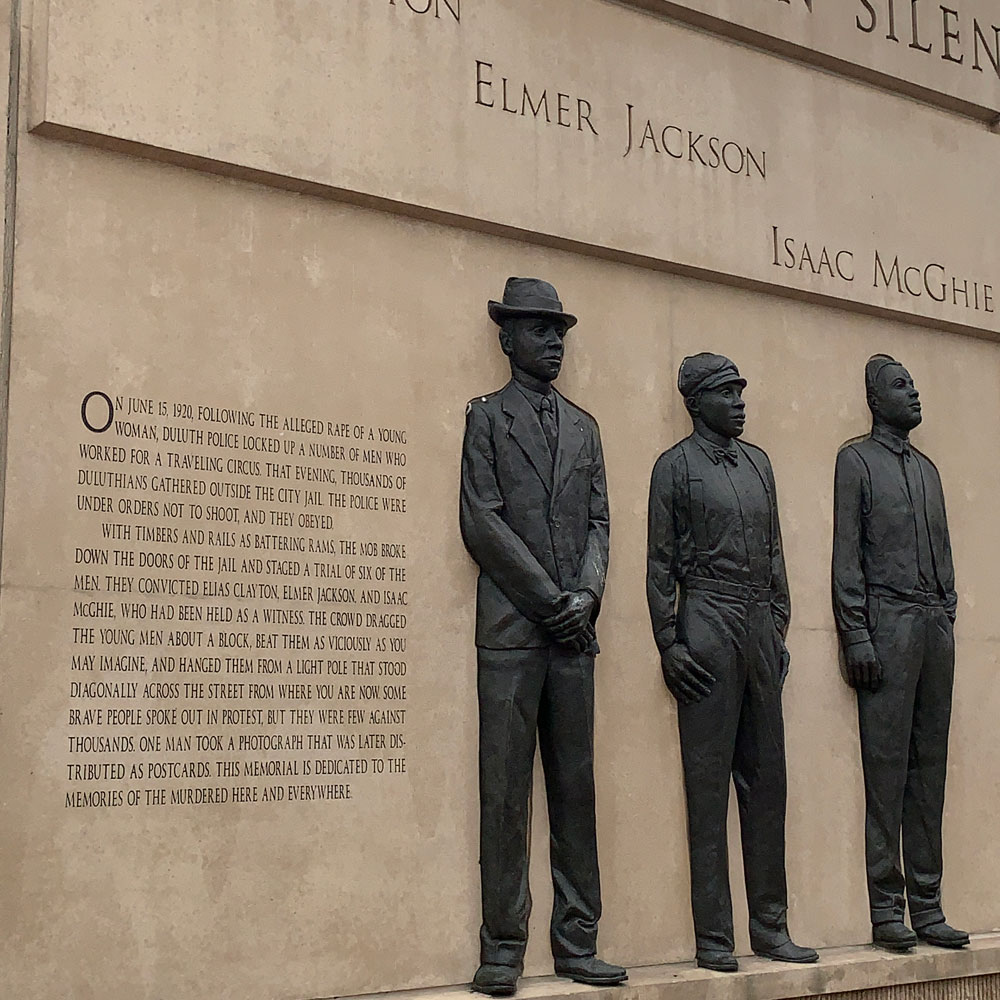May 17, 2015; Marin Independent Journal
In light of President Obama’s concerns about erroneous stereotypes in the press about poor people, another category of erroneous stereotypes comprises those inflicted on nonprofits. Fox News and others may decry poor people as “moochers,” but nonprofits often don’t fare all that much better in the public’s perception.
Some people are taking to the print media to correct the consistent misapprehensions of nonprofits foisted on the public. For example, in Marin County, California, Shiraz Kaderali of the Marin Environmental Housing Collaborative wrote an op-ed for the Marin Independent Journal, countering misinformation being spread by affordable housing critics that there is no real movement to build housing affordable to working people in Marin County (there is), that nonprofit affordable housing developments get a “free ride” (they don’t; like the Warner Creek Senior Housing development in Novato, they pay substantial fees and often taxes for schools, paramedics, and more), and that they adversely impact public school finances (they don’t in California; under the Local Control Funding Formula, the state pays the same grant per student plus a 20 percent bonus for students who are from low-income families, English learners, or foster children).
Sign up for our free newsletters
Subscribe to NPQ's newsletters to have our top stories delivered directly to your inbox.
By signing up, you agree to our privacy policy and terms of use, and to receive messages from NPQ and our partners.
Contrary to the contentions of critics, affordable housing development has proven to be a useful and productive platform to lift poor people up and out of poverty. That is the contention of Monroe County, Indiana’s Habitat for Humanity director, Kerry Thomson. The editorial board of the Rochester Democrat & Chronicle presents a compelling argument for the importance of affordable housing in creating economic and racial diversity in inner-ring suburbs, commenting favorably on the nonprofit PathStone’s 48-unit Crerand Commons project and calling on Governor Cuomo’s administration in New York to help clear out the obstacles that could stymie the project’s second phase.
One consistent part of the misinformation story is the impression that nothing can be done in the absence of big federal commitments, and those commitments in recent and current presidential administrations have been noticeable by their absence. However, localities with strong nonprofit advocacy have been putting together affordable housing trust funds and tapping multiple revenue sources (bonds as well as city revenues). Even if the housing trust funds don’t progress, as in the recent instance of Louisville, Kentucky, the feasibility is there. There are creative possibilities for capitalizing such trust funds, such as Louisville’s plan for increasing the charge on local insurance premiums by one percent that could make headway in various circles but for the lack of political will. In Colorado, advocates have demonstrated the possibility of dedicated some portion of the unclaimed property fund for affordable housing. Nonprofits have to take on the responsibility of explaining why affordable housing works and why housing trust funds are feasible responses to local needs.
It’s good that some people are willing to be truth-tellers instead of apologists when it comes to the nonprofit sector. That’s the calling out that critics need, else their folklore of nonprofit misperceptions transforms into unchallenged factoids about charity and philanthropy.—Rick Cohen













